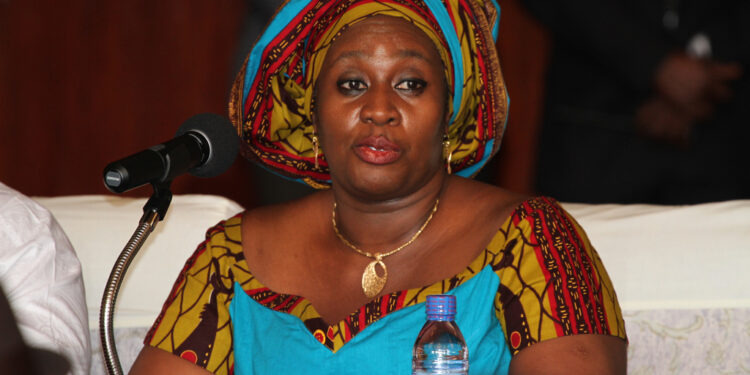For years, the Microfinance and Small Loans Centre has battled a relentless cycle of loan defaults that has threatened its very sustainability.
Historically, funds disbursed to support micro and small enterprises rarely made their way back, leaving the institution mired in debt. Now, with the appointment of Abigail Elorm Mensah as CEO, industry watchers are cautiously optimistic that a new chapter might finally break this cycle.
Abigail Mensah took the helm on February 17, 2025, stepping into a role where previous chief executives struggled to secure loan recoveries. Her vision for MASLOC is ambitious: to implement tighter recovery measures while ensuring that micro and small businesses, especially women farmers, receive effective support. “Women farmers are a critical part of our economy. By supporting them to get better value for their produce, we’re not only empowering them but also ensuring sustainable loan recovery,” Mensah remarked, signaling a dual focus on financial discipline and economic empowerment.
Established in 2006, MASLOC has long served as the government’s apex body for microfinance programmes aimed at reducing poverty and creating jobs. Despite some success—in one study from the Ashaiman Municipality, loans boosted beneficiaries’ working capital by over 120 percent and increased earnings by nearly 47 percent—the institution’s default rates remain a major concern. While figures have improved somewhat from the staggering levels reported in 2010, defaults still linger at 20 to 25 percent for individual and group loans, respectively.
Industry analysts note that the new CEO faces a formidable challenge. Past efforts to recover funds have fallen short, but Mensah’s strategic priorities offer a glimmer of hope. Her plan includes modernizing MASLOC’s operations through a paperless system, streamlining both the application and approval processes to enhance efficiency. By reducing bureaucratic delays, she aims to create a more responsive and investor-friendly environment.
Critics caution that while the focus on empowering women farmers is a welcome development, the broader issue of loan recovery will require sustained effort and robust partnerships. “Turning around an institution with a history like MASLOC’s isn’t just about tightening processes—it’s about changing a culture of lending and repayment,” one financial expert commented. Collaboration with stakeholders and a commitment to building a skilled workforce in microfinance are seen as essential components of this transformation.
As Ghana continues to bolster its micro and small enterprise sector, the success of MASLOC under Mensah’s leadership could serve as a benchmark for similar institutions across the country. The coming months will reveal whether her innovative strategies can reverse the long-standing trend of defaults and pave the way for a more sustainable future.
Source: Newsghana










Discussion about this post